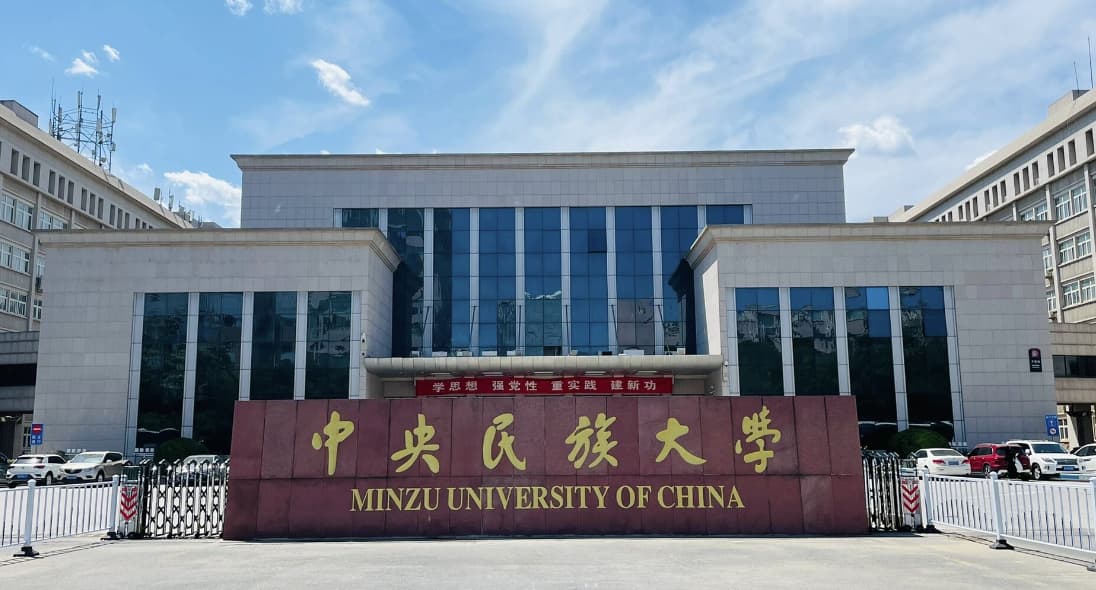Top English Translation and Interpreting Programs: Your Ultimate Guide to Choosing the Right University
When it comes to pursuing a Master's degree in English Translation and Interpreting, selecting the right university can make all the difference. With numerous programs across the country, understanding which institutions stand out in terms of curriculum, faculty, and career opportunities is crucial. This guide provides insights into common questions about the ranking of English Translation and Interpreting programs, helping you make an informed decision. Whether you're curious about the most prestigious schools, the factors influencing rankings, or the best fit for your career goals, this resource has you covered.
Frequently Asked Questions About Program Rankings
1. What Are the Key Factors That Determine a University's Ranking in English Translation and Interpreting?
The ranking of English Translation and Interpreting programs is influenced by several critical factors. First, the quality of faculty plays a significant role—universities with renowned professors, many of whom have industry experience, often rank higher. Second, the curriculum's comprehensiveness matters; programs that offer a balanced mix of theoretical knowledge and practical skills, such as legal, medical, or business interpreting, tend to perform better. Additionally, resources like translation labs, internship opportunities, and partnerships with translation companies weigh heavily in rankings. Accreditation by organizations like the American Translators Association (ATA) also boosts credibility. Lastly, alumni success and career placement rates are key indicators—schools with strong connections to the industry often see higher rankings.
2. How Do Rankings Vary Between Online and On-Campus Programs?
Online and on-campus programs in English Translation and Interpreting differ in their ranking criteria. On-campus programs often receive higher rankings due to their access to extensive resources, such as state-of-the-art translation labs, guest lectures by industry professionals, and in-person networking opportunities. These programs are typically favored for their immersive learning environments. However, online programs have gained traction for their flexibility, allowing students to balance studies with work. Rankings for online programs focus more on curriculum design, technological infrastructure, and faculty engagement. For instance, a program with interactive online platforms, live virtual classes, and robust mentorship programs may rank highly despite lacking physical campus resources. Ultimately, the best choice depends on personal preferences—students seeking hands-on experience may prefer on-campus programs, while those needing flexibility might lean toward online options.
3. Can Self-Study or Work Experience Substitute for a Top-Ranked University Degree?
While self-study and work experience can enhance your skills in English Translation and Interpreting, they often don't fully substitute for a degree from a top-ranked university. A formal education provides structured learning, critical thinking, and exposure to diverse translation projects. Universities with strong programs also offer networking opportunities, which are invaluable for career growth. However, if you're already working in the field, practical experience can make up for a lack of formal credentials. Many employers value industry experience and may hire candidates with strong portfolios, even without a degree. To bridge the gap, consider supplementing self-study with online courses, certifications, or volunteer work. Combining these efforts with a part-time degree or a specialized master's program can further strengthen your profile. In short, while a top-ranked degree offers advantages, a combination of education, experience, and continuous learning is the most effective path to success in the field.


.jpg)
.jpg)
.jpg)

.jpg)
.jpg)
.jpg)
